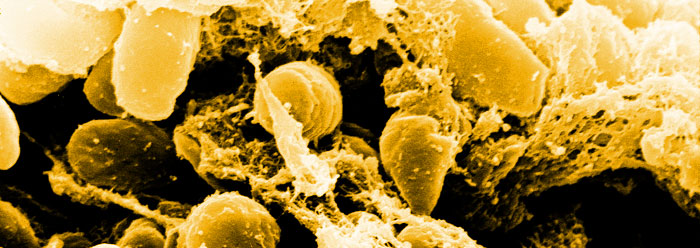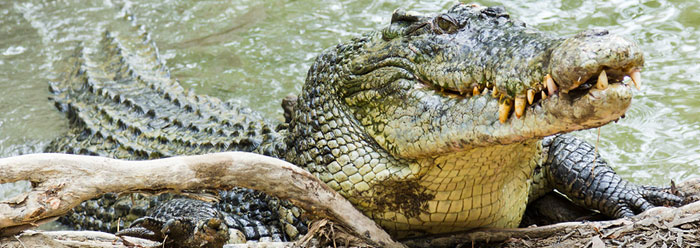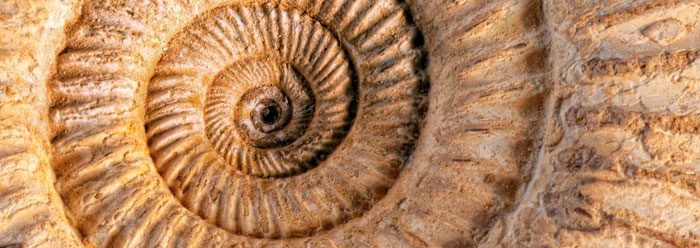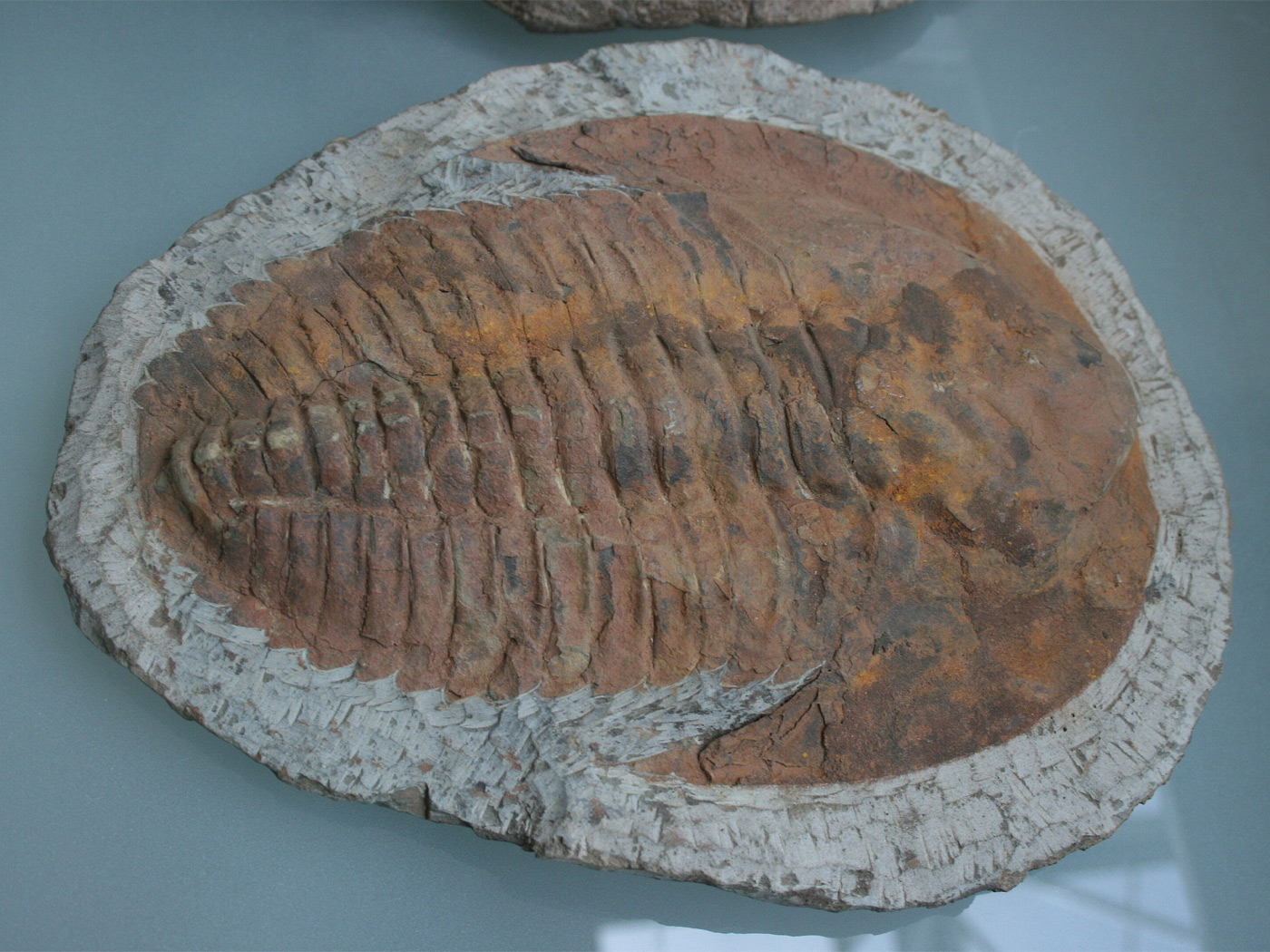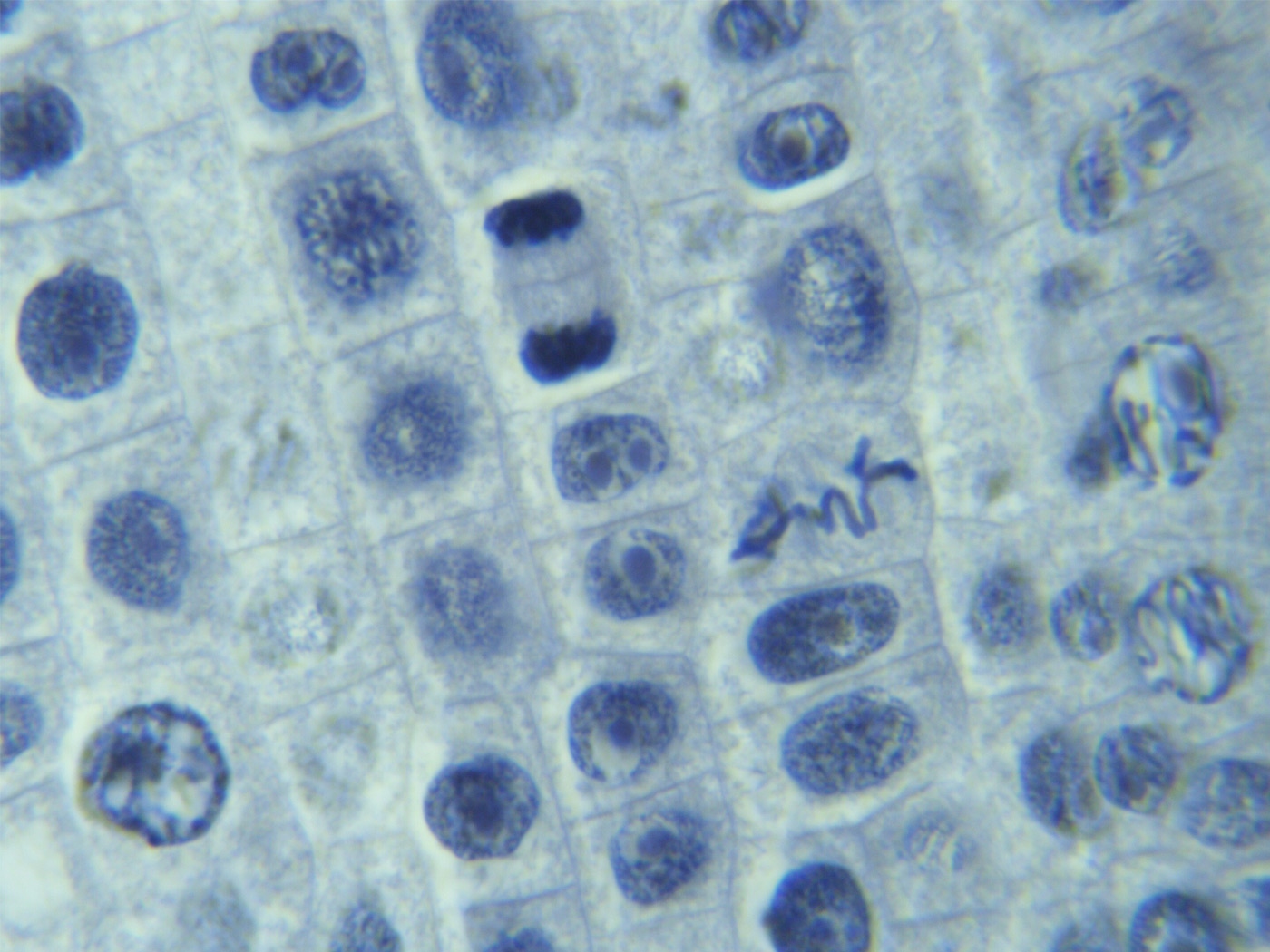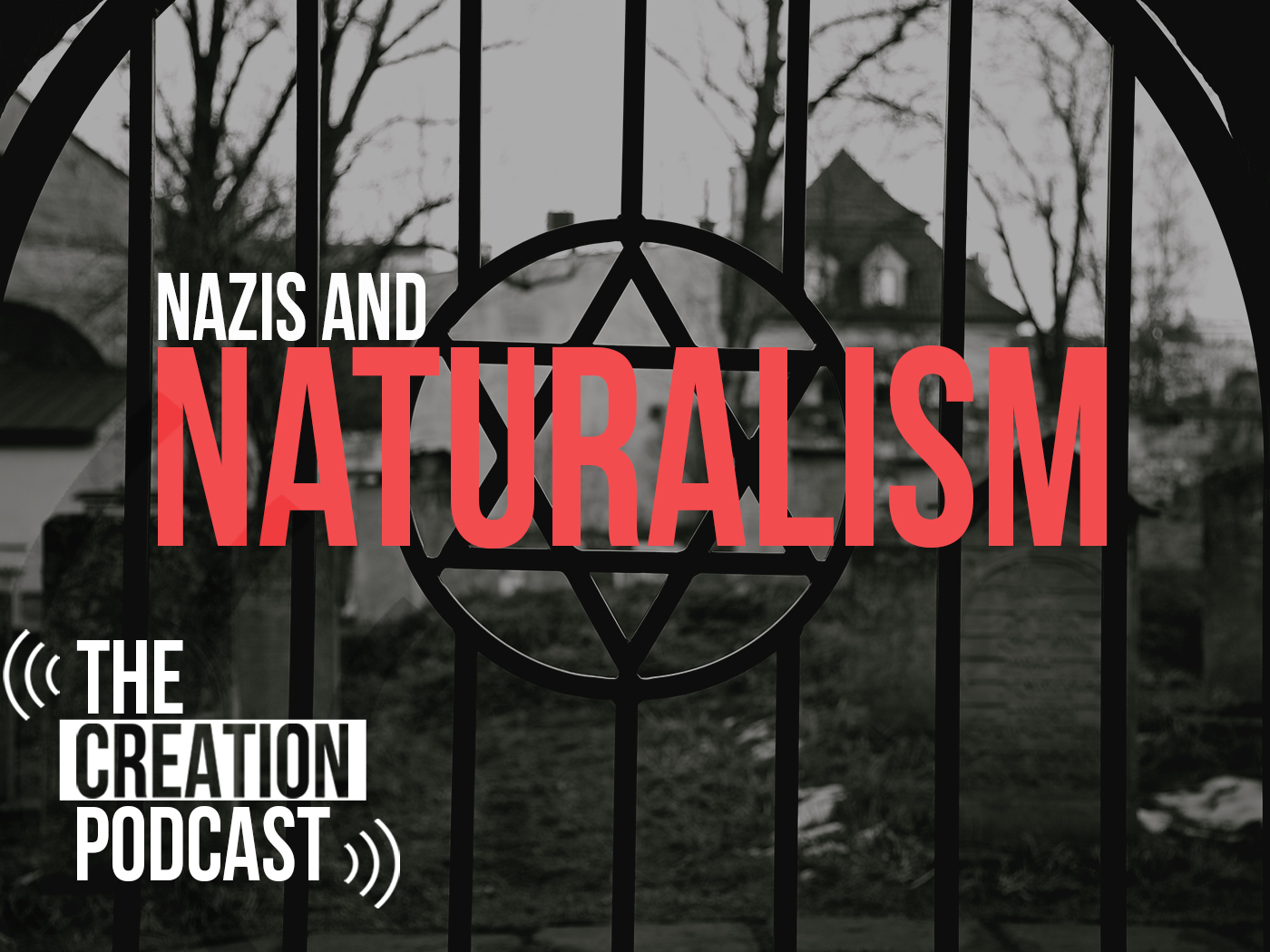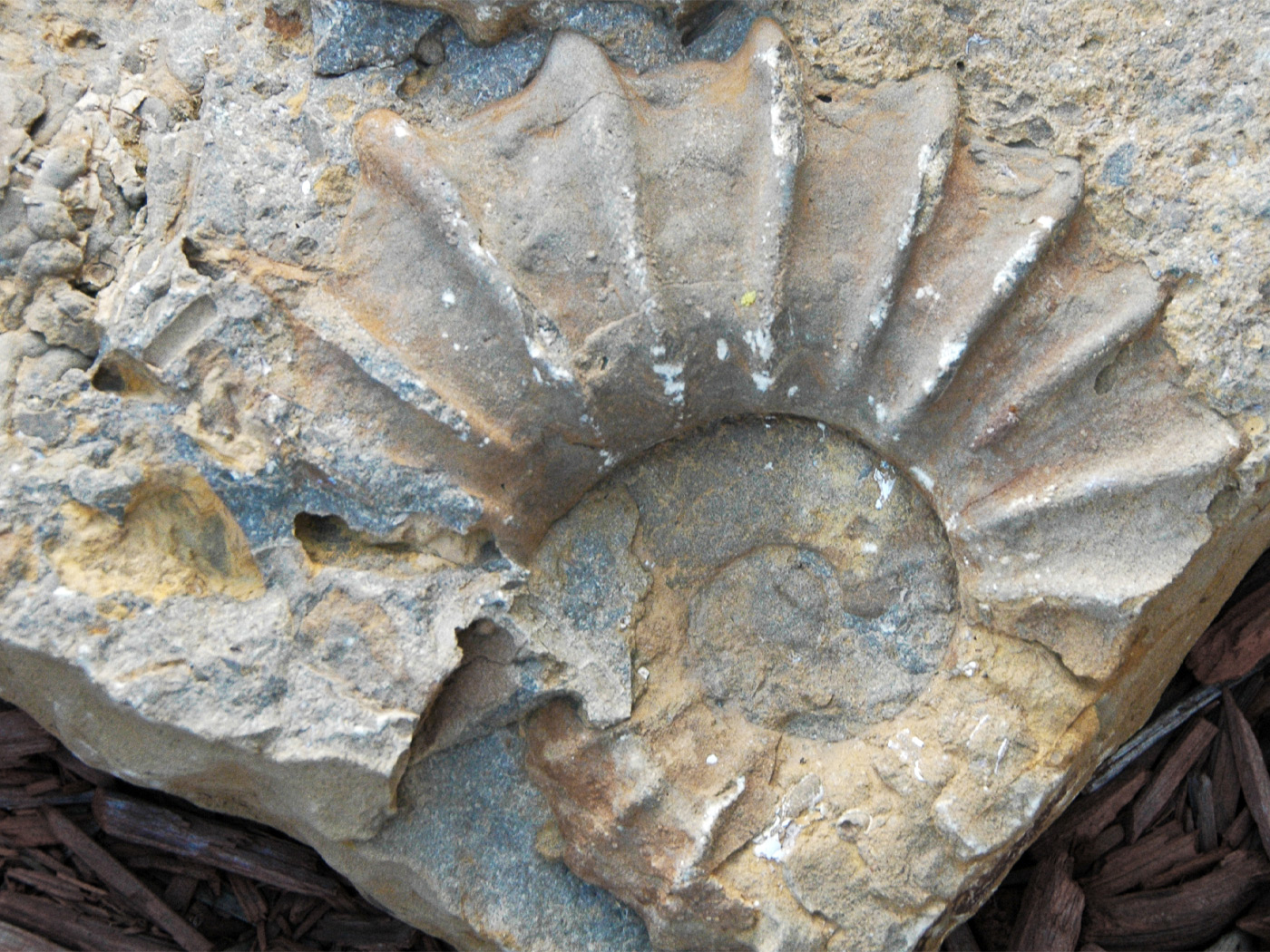Dr. E.O. Wilson, Harvard entomology professor and chief spokesperson for the field of evolutionary sociobiology, and bitter enemy of Biblical Christianity, has for decades written insightful articles supporting his viewpoint. Several years ago, he explained his own background and how he came to his present stand.
"As were many persons from Alabama, I was a born-again Christian. When I was fifteen, I entered the Southern Baptist Church with great fervor and interest in the fundamentalist religion, I left at seventeen when I got to the University of Alabama and heard about evolutionary theory." (E.O. Wilson, "Toward a Humanistic Biology"; The Humanist, September/October, 1982; p. 40).
Interestingly enough, many of the leading anti-Christian voices in this country today come from Christian homes. They know, perhaps better than many Christians, that evolution and Biblical Christianity are incompatible—irreconcilable world views, as has been pointed out many times on these pages. In this article, the point at which evolution and Christianity most seriously conflict will be explored.
Whatever else evolution may be, it requires tremendous lengths of time. According to evolution, single-celled organisms underwent spontaneous generation from non-living chemicals some three billion or more years ago. Multi-cellular life arose about a billion years ago, with fish appearing about 500 million years ago. Dinosaurs flourished from about 230 to 65 million years ago, after which time mammals began to rule the earth. Man descended from ape-like creatures within the last three million years.
But evolution also involved death. Organisms have been living and dying for eons in the "struggle for existence," with natural selection allowing the "survival of the fittest" while insuring the extinction of the less fit. For instance, it was the extinction of the dinosaurs which allowed the mammals to dominate and eventually lead to man's emergence. All of this multi-billion-year "history" is recorded in the fossil record, where remains of multiplied trillions of dead things are entombed in rocks supposedly dating from times long before man. As Carl Sagan wrote, "The secrets of evolution are death and time—the deaths of enormous numbers of life forms that were imperfectly adapted to the environment; and time for a long succession of small mutations that were by accident adaptive, time for the slow accumulation of patterns of favorable mutations" Cosmos, 1980, p. 3.
In other words, death plays a prominent part in evolution. In fact, to an evolutionist, death is normal, death is good, death provides the fuel for evolutionary change; death produced man. Charles Darwin, in the very last paragraph of his treatise, Origin of Species, after explaining his proposal of evolution by natural selection, and after championing the concepts of extinction and bloodshed as the mechanism for evolution, wrote his conclusion:
"Thus, from the war of nature, from famine and death, the most exalted object which we are capable of conceiving, namely, the production of the higher animals [i.e. man, ed.] directly follows."
In other words, death is the natural order of things, and death brought man into existence.
But how does the Christian religion understand death? As recorded in the Bible, just a few thousand years ago God wrote with His finger on a tablet of stone (so we couldn't misunderstand) to inform us that "in six days the Lord made heaven and earth, the sea, and all that in them is, and rested the seventh day" (Exodus 20:11), thereby providing a model for our work week (the Fourth Commandment). No time is found here for billions of years of evolution (see Impact No. 184), only a rapid, supernatural creation.
Furthermore, things were quite different in the original creation. Evidently, man and all animals possessing true life in the Biblical sense (with the "breath of life," with blood in which is "the life of the flesh," with consciousness not present in the plants and perhaps certain of the invertebrate animals) were created to live forever. There was to be no carnivorous activity by man (Genesis 1:29) nor animal, for "to every beast of the earth, and to every fowl of the air, and to everything that creepeth upon the earth, wherein there is life, I have given them every green herb for food: And it was so" (v. 30). No meat eating, no bloodshed, no death for any "living" thing in the original creation.
Mankind, especially, was created to live forever. Adam and Eve were created "in the image of God" (Genesis 1:27), the holy, sinless, eternal, deathless Life-giver. That image is now marred by sin, but originally it was not so, for the Creator called all in that world "very good" (v. 31), and placed in it the Tree of Life (Genesis 2:9). What sort of world could the God of the Bible call "very good"? At the very least, the original world must have been far different from our present one.
God did place in that world an opportunity for both man and woman to prove their obedience to their Creator and return His love. As Creator, He established (and only because He was Creator did He have the authority to establish) the rules for proper conduct, as well as the penalty for disobedience. He declared, "Of the tree of the knowledge of good and evil, thou shalt not eat of it: For in the day that thou eatest thereof thou shalt surely die" (Genesis 2:17).
The lie of Satan, however, has always included the idea that there is no penalty for sin. In tempting Eve to disobey, "the serpent said unto the woman, ye shall not surely die" (Genesis 3:4). As we know, the lie was believed, the penalty for sin denied, and sin entered the world. But even though the authority of the Creator was disputed and ignored, that authority remained, and He acted in His holy justice. The resultant curse on all of creation was the curse of death, and touched not only mankind—"for dust thou art, and unto dust shalt thou return" (Genesis 3:19)—but the animals (v. 14), the plants (v. 18), and even the earth itself (v. 17). At that point, the "creation was made subject to vanity (or futility)"—the "bondage of corruption." Indeed, "the whole creation groaneth and travaileth in pain together until now" (Romans 8:20,21,22).
Note that it was "by one man sin entered into the world, and death by sin" (Romans 5:12). This death not only entails spiritual death, but also physical death, as is made abundantly clear in the classic passage dealing with the physical resurrection of the dead. "For since by man came death, by Man came also the resurrection of the dead. For as in Adam all die, even so in Christ shall all be made alive" (I Corinthians 15:21-22). If Adam's sin did not bring physical death, Christ's resurrection from physical death does not bring eternal life.
It is obvious then, that death is very important to the Christian world view. Death is the result of the entrance of sin into the world. But it is much more than that, for it is also the atonement for sin—the just payment for sin. The first death recorded in Scripture occurred when God, Himself, slaughtered animals to provide a covering for sin—the clothing for Adam and Eve (Genesis 3:21). Later, we see that the system of blood sacrifices for sin had been instituted, for God accepted Abel's animal sacrifice while rejecting Cain's bloodless sacrifice (Genesis 4:3-5; Hebrews 4:4). As developed in both Old and New Testaments, "without the shedding of blood there is no forgiveness of sin" (Hebrews 9:22, see also Leviticus 17:11, etc.).
Thus we can see that God was not only acting in His justice in pronouncing the curse of death for sin, but in His grace, as well. For, by establishing the penalty for sin to be death, He made it possible for Him to send His beloved Son to come and die to pay the ultimate penalty for sin as a substitute. The "wages of sin" may be death, but "Christ died for our sins" (I Corinthians 15:4). Only the holy Creator, the righteous Judge, could be the sinless Substitute.
Evolution and the Bible most seriously conflict at this point (their respective views of death, which are central to each viewpoint). If evolution (or even just the concept of an old earth, with death and fossils predating man's sin) is correct, then death is natural, death is normal, death produced man. Most importantly, in this view, death is not the penalty for sin, for it preceded man and his sin. But if death is not the penalty for sin, then the death of Jesus Christ did not pay that penalty, nor did His resurrection from the dead provide eternal life.
While belief in creation and the young earth may not be essential for salvation (many Christians wrongly believe and do many things the Bible teaches against), if evolution is right, if the earth is old, if fossils date from before man's sin, then Christianity is wrong! These ideas destroy the foundation for the Gospel and negate the work of Christ on the cross. Evolution and salvation are mutually exclusive concepts.
Many times evolutionists understand this issue better than Christians. In his article, "The Meaning of Evolution," atheist G. Richard Bozarth claims that "Christianity has fought, still fights and will fight science to the desperate end over evolution, for evolution destroys utterly and finally the very reason Jesus' earthly life was supposedly made necessary. Destroy Adam and Eve and the original sin, and in the rubble you will find the sorry remains of the son of God. Take away the meaning of his death. If Jesus was not the redeemer who died for our sins, and this is what evolution means, then Christianity is nothing" (American Atheist, September 20, 1979, p. 30).
Thus the issues of death and time reveal the utter incompatibility of evolution, in any form, with Christianity.
But the story doesn't end there. The Bible reveals not only the origin of death, but how this issue will one day be resolved.
There will come a time when this world, so marred by the effects of sin and death, including fossils and graveyards "shall melt with fervent heat, the earth and the works that are therein shall be burned up.... Nevertheless we, according to His promise, look for new heavens and a new earth, wherein dwelleth righteousness" (II Peter 3:10,13).
The ultimate victory over death will then be realized. "And God shall wipe away all tears from their eyes; and there shall be no more death, neither sorrow, nor crying, neither shall there be any more pain: For the former things are passed away" (Revelation 21:4). In our eternal, deathless home, we will have continual access to "the Tree of Life.... And there shall be no more curse" (Revelation 22:2,3).
This, then, is the message of Creation! Far more than the origin of species and the age of rocks, it is the big picture—the work of Jesus Christ from eternity past to eternity future. As Sovereign Creator, and only because He is Creator, He had the authority to set the rules and the penalty for disobedience, and to judge that disobedience. But as Creator, and only because He is Creator, could He redeem the fallen creation under the guidelines He had established.
And only as the Creator—the Author of Life—could He arise from the dead of His own accord. Then, as Creator, Judge, and victorious Redeemer, He alone is worthy to take the throne of the universe and reign in righteousness.
"Thou are worthy, O Lord, to receive glory and honor and power: For Thou hast created all things" (Revelation 4:11).
* Dr. Morris is the President of ICR.




